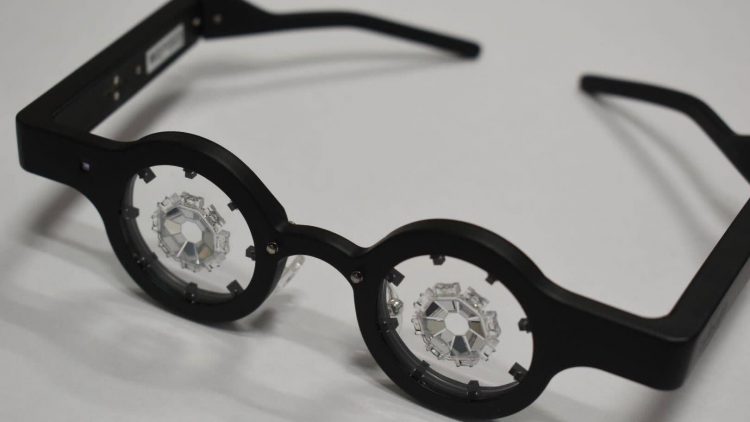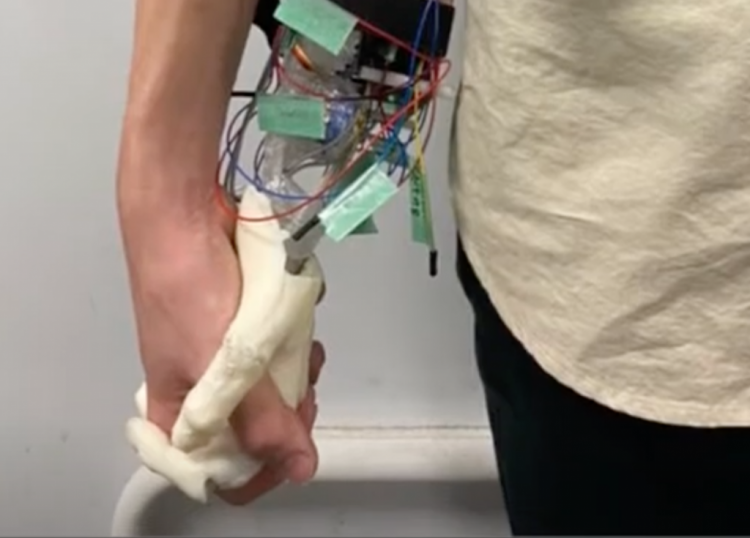A man who accidentally lost his iPhone 11 while paddling on a lake in March of last year recently posted photos of the handheld miraculously retrieved from the bottom of the lake after more than a year. The handheld was in need of a recharge, but otherwise worked perfectly!
The owner of the iPhone, a Taiwanese man named Chen Yj, recently took to a public Facebook group to tell the amazing story of how his handheld survived a year underwater. Writing on the Bangfu1 Commune Facebook group, Chen said that he lost his iPhone 11 in March of 2020, while paddling on Sun Moon Lake, in Taiwan. Photos shared on the public group show him wearing an orange vest, with the Apple handheld around his neck. At one point, the man falls off his board, and the phone can be seen sinking to the bottom of the lake. Little did Chen know that he would not only retrieve his phone a year later, but it would be in perfect working condition.





















